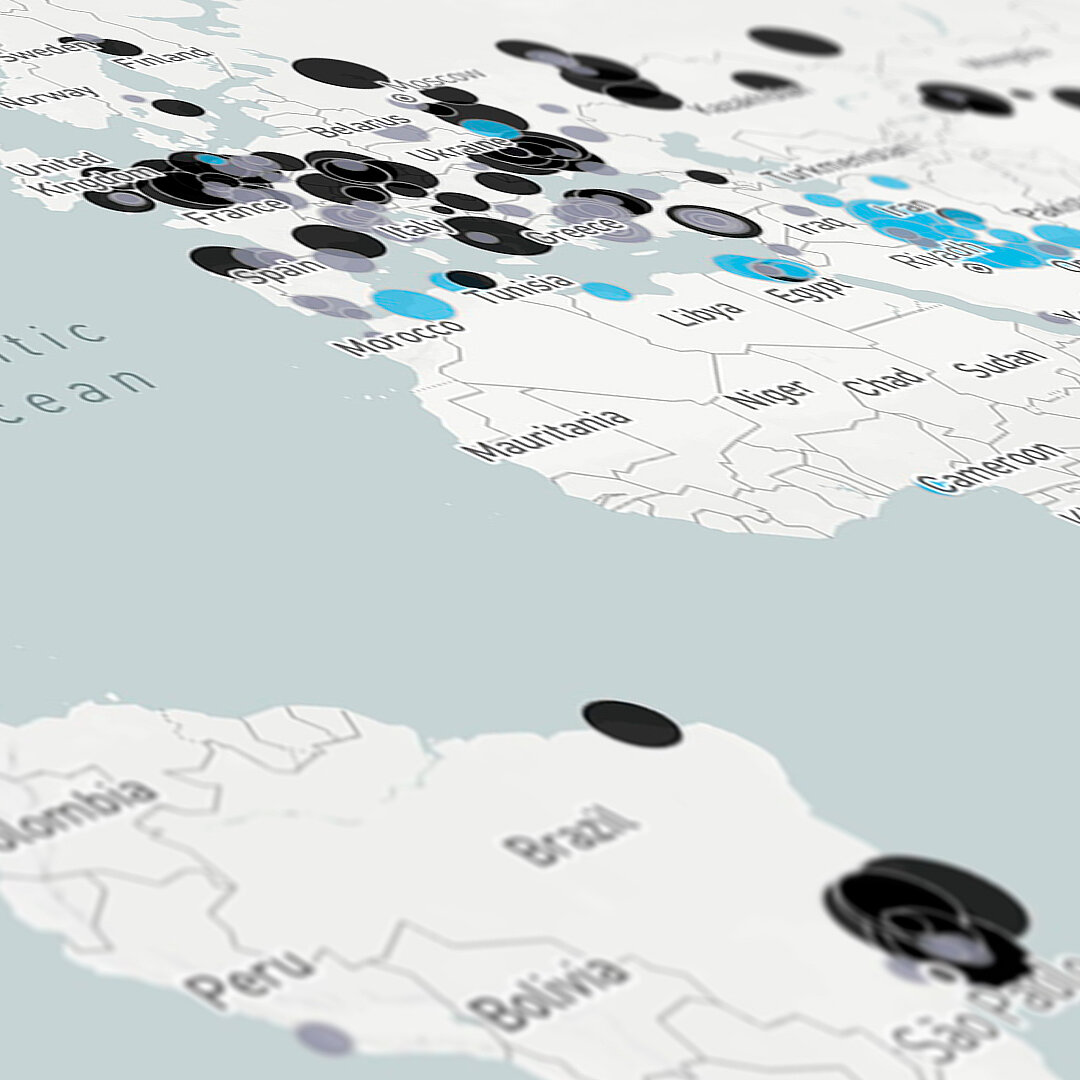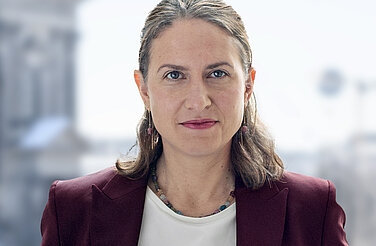This content is also available in: German
Circular economy
Using materials more efficiently is the best way to reduce emissions from industries such as steel, cement, and chemicals
Industrial production accounts for about 27% of gross annual greenhouse gas emissions globally. Most of these emissions come from the production of key carbon-intensive basic materials such as iron and steel, aluminium, plastics, cement and concrete. Using materials more efficiently is an obvious way to reduce these emissions. Doing so would also have important societal co-benefits, from reducing plastic waste in oceans and avoiding geopolitical competition for scarce resources to saving on the significant energy demand needed to produce new primary materials. Greater material efficiency can be achieved in two ways: By using less raw material to provide the same product and economic value to the economy, or by substituting new materials with recycled, or “secondary”, materials in the production process. In various industrial sectors, whether it be packaging, motor vehicle manufacturing or construction projects, there is enormous untapped potential to pursue both strategies.
However, today’s industrial development and decarbonisation strategies are still a long way from maxing out the potential of the circular and resource efficient economy. While energy efficiency policies are a well-accepted pillar of moving to a clean and sustainable energy sector, policies that promote circularity and material-efficient manufacturing have yet to mature and become mainstream globally. Aligning circular economy and industrial decarbonisation policies is crucial to achieving climate-neutral industry globally.
Agora’s circular industry work aims to show policymakers and stakeholders how they can achieve this alignment and exploit the untapped potentials from a more material-efficient economy. We develop sectoral pathways, identify the enabling conditions and propose the policy tools needed to make the circular and resource efficient industrial sector a reality. We show how such policies can be pro-economic growth, pro-development and need not conflict with a profitable and robust industrial economy.






